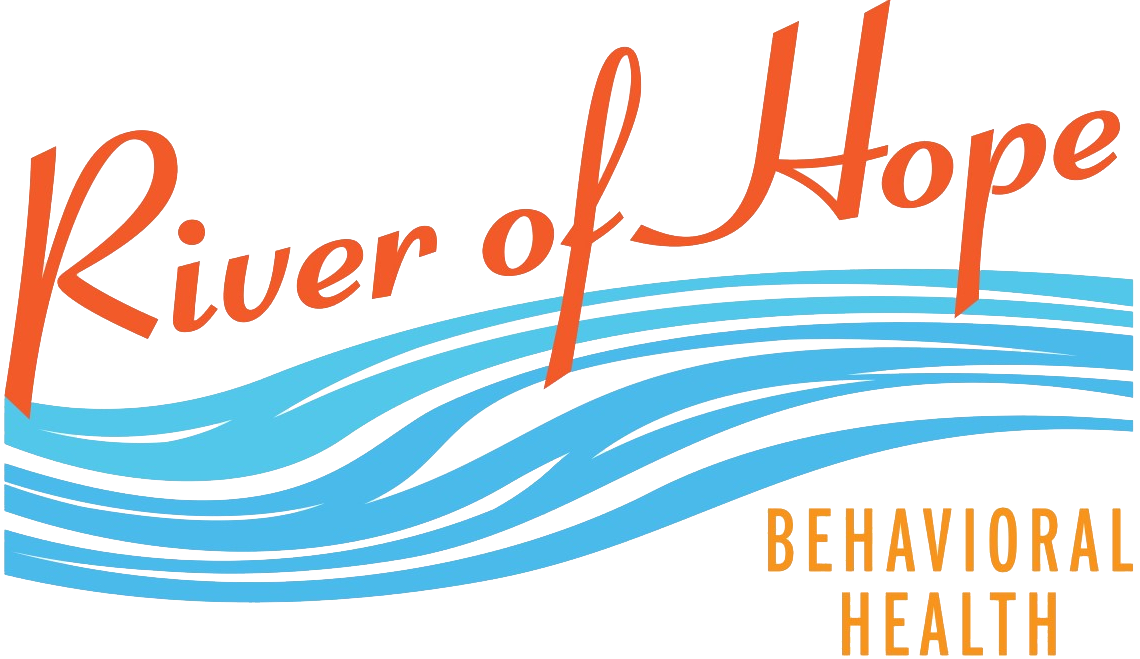
Substance Use Disorder

Addiction Treatment and Rehabilitation Services

Commonly Abused Substances
There are numerous substances that people can develop addiction problems with, but some of the most commonly abused include:
- Alcohol
- Tobacco
- Marijuana
- Opioids
- Cocaine
- Methamphetamines
- Prescription medications
These substances have the potential for abuse because they influence the brain's reward system and invoke feelings of pleasure, relaxation, or euphoria. However, repeated use can deeply affect the brain's functioning, leading to compulsive seeking and use.
Treatment For Substance Abuse

When it comes to addiction treatment options for substance use disorder, the approaches used can be as diverse as the individuals struggling with the condition. The treatment journey usually begins with detoxification, an initial phase to eliminate the substances from the body. This is often combined with medication, particularly for opioids, alcohol, and nicotine addiction, and it's designed to manage withdrawal symptoms and cravings.
Following detox, inpatient or outpatient treatment programs provide comprehensive therapy sessions, including individual counseling, group therapy, and family therapy.

Cognitive-behavioral therapy and motivational interviewing are two methods commonly utilized for substance use disorder treatments. Both approaches aim to change the patterns of thinking or behaviors that lead to the abuse of substances, and increase life skills to handle stressful circumstances and prevent relapse.
Recovery from substance use disorder is a long-term process, often requiring ongoing care even after the completion of a treatment program. Sober living residences and recovery support services like 12-step programs can significantly benefit individuals in maintaining sobriety and integrating back into society.
Effects of Continued Substance Abuse

The side effects of substance use disorder are extensive, impacting nearly every aspect of an individual's life. Physically, ongoing substance abuse can contribute to a range of health problems such as heart disease, liver failure, stroke, cancer, and infectious diseases like HIV/AIDS and hepatitis. The neurological impact of addiction includes memory loss, difficulties in learning and cognition, and mental health disorders such as depression, anxiety, and bipolar disorder.
Addiction can lead to various social effects, such as damaged relationships, unemployment, financial instability, and even legal troubles. The most severe consequence is, undoubtedly, an overdose, which can prove fatal.
River of Hope Can Help
We understand the broad-reaching impacts of substance use disorders, and we strive to provide comprehensive, compassionate care for individuals grappling with addiction. We aim to inspire hope and wellness through our array of services, which are specifically designed to suit the unique needs of each client. Our treatment approaches are grounded in empathy, respect, and the eradication of the stigma associated with substance abuse and addiction.
While the journey to recovery may seem daunting, with the right treatment plan and dedicated support, a life of sobriety is within reach. At River of Hope, we will be with you every step of the way.
